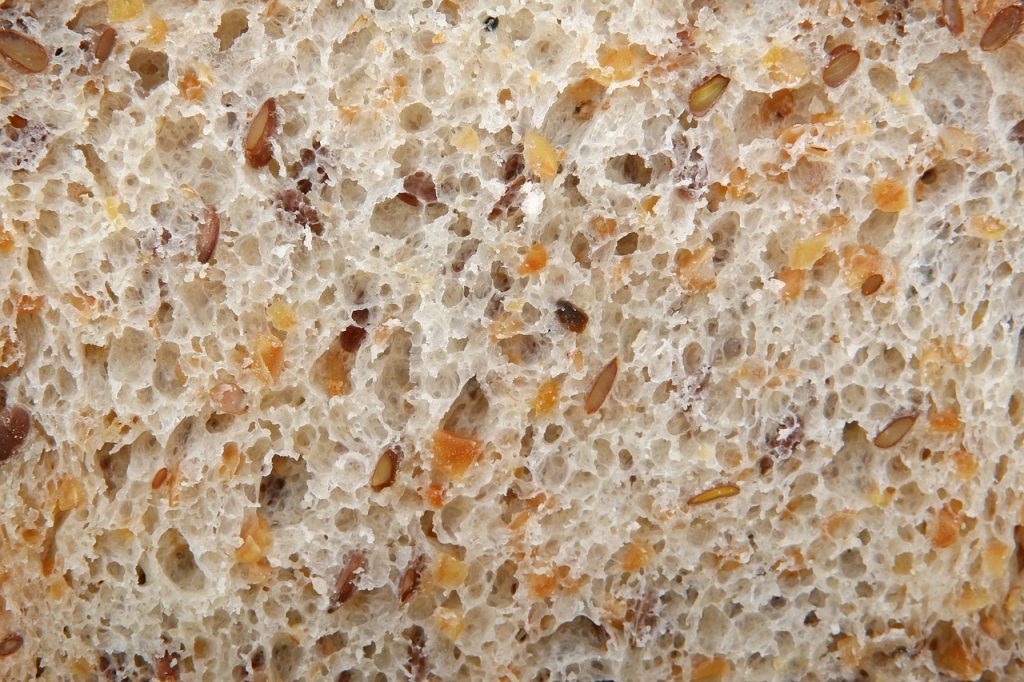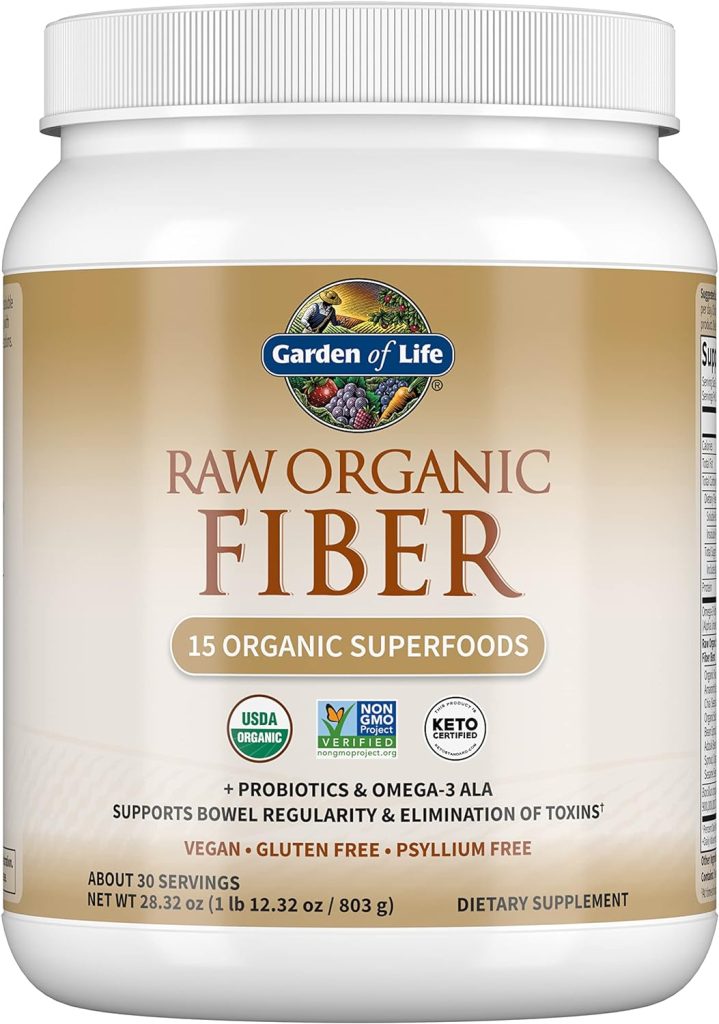When it comes to maintaining a healthy diet, one nutrient that often gets overlooked is dietary fiber. While it may not be as glamorous as other nutrients, such as protein or vitamins, dietary fiber plays a crucial role in our body’s overall health and well-being. In this article, we will explore the importance of dietary fiber and how it benefits our body.
What is Dietary Fiber?
Dietary fiber, also known as roughage or bulk, is the indigestible part of plant foods that passes through our digestive system relatively intact. Unlike other nutrients, such as carbohydrates, proteins, and fats, dietary fiber is not broken down or absorbed by our bodies. Instead, it provides bulk to our stools and helps regulate bowel movements.

The Two Types of Dietary Fiber
There are two types of dietary fiber: soluble fiber and insoluble fiber. Soluble fiber dissolves in water and forms a gel-like substance in our digestive system. It can be found in foods such as oats, barley, legumes, fruits, and vegetables. Insoluble fiber, on the other hand, does not dissolve in water and adds bulk to our stools. It can be found in foods such as whole grains, nuts, seeds, and the skins of fruits and vegetables.
The Benefits of Dietary Fiber
Now that we understand what dietary fiber is, let’s explore its numerous benefits for our body.
1. Promotes Digestive Health
Dietary fiber plays a vital role in maintaining a healthy digestive system. It adds bulk to our stools, preventing constipation and promoting regular bowel movements. Additionally, fiber helps prevent digestive disorders such as diverticulitis and hemorrhoids.
2. Manages Weight
If you’re looking to shed a few pounds or maintain a healthy weight, dietary fiber can be your secret weapon. High-fiber foods tend to be more filling, which can help curb your appetite and prevent overeating. Fiber-rich foods also tend to be lower in calories, making them a great addition to a weight management plan.
3. Controls Blood Sugar Levels
For individuals with diabetes or those at risk of developing it, dietary fiber can be incredibly beneficial. Soluble fiber slows down the absorption of sugar, preventing sudden spikes in blood glucose levels. This can help improve blood sugar control and reduce the risk of developing type 2 diabetes.
4. Lowers Cholesterol Levels
Consuming an adequate amount of dietary fiber has been linked to lower cholesterol levels. Soluble fiber binds to cholesterol in the digestive system, preventing its absorption into the bloodstream. By reducing cholesterol levels, fiber helps protect against heart disease and stroke.
5. Supports Gut Health
The health of our gut is essential for overall well-being. Dietary fiber acts as a prebiotic, providing nourishment for the beneficial bacteria in our gut. These bacteria help maintain a healthy balance in our digestive system, supporting immune function and reducing the risk of certain diseases.

How to Increase Your Fiber Intake
Now that we understand the importance of dietary fiber, here are some tips to help you increase your fiber intake: Include plenty of fruits and vegetables in your diet, as they are excellent sources of fiber.
Choose whole grains, such as brown rice, whole wheat bread, and oatmeal, over refined grains.
Snack on nuts and seeds, which are not only high in fiber but also provide healthy fats.
Legumes, such as beans, lentils, and chickpeas, are also rich in fiber and make a great addition to meals.
Consider adding a fiber supplement to your routine if you struggle to meet your daily fiber needs through food alone.
Remember to increase your fiber intake gradually and drink plenty of water to help prevent any digestive discomfort.
Conclusion
Dietary fiber may not be the most glamorous nutrient, but its importance cannot be overstated. From promoting digestive health and managing weight to controlling blood sugar levels and supporting gut health, fiber plays a crucial role in our overall well-being. By incorporating fiber-rich foods into our diet, we can reap the numerous benefits that dietary fiber has to offer.


